Critical Essays Archive
John Winthrop, Don Quixote, and Donald Trump’s “Fake News”
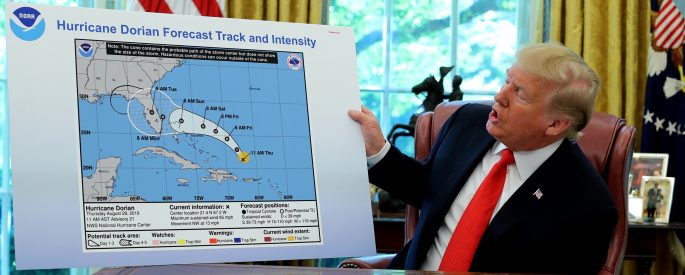
Far from being un-American, Trump’s deployment of the “illusory truth effect” is supremely so. Indeed, it is in lock step with the shady rhetorical strategies employed by Trump’s Puritan forbearer John Winthrop. Like Trump, Winthrop’s hustle depended upon his followers seeing what they actually couldn’t, and unseeing what was
The Anxiety of Middle-Age in Welcome to Sonnetville, New Jersey
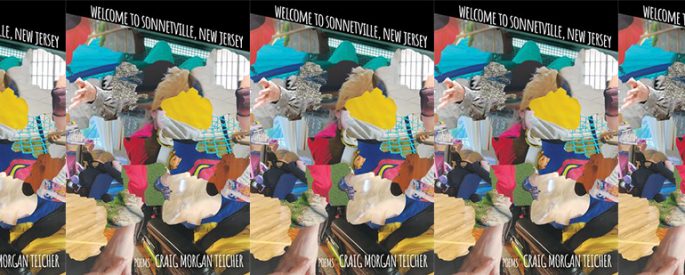
Craig Morgan Teicher’s newest collection is preoccupied with the anxiety of being understood, and the way that desperation pulses underneath what is explicitly spoken.
A Small Place and the Attempts to Ban Critical Race Theory
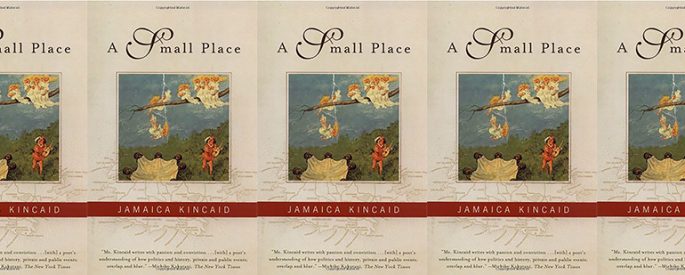
There is a key part of A Small Place in which Kincaid writes about how people like her, who come from colonized homes, struggle with their past. “Do you ever try to understand why people like me cannot get over the past, cannot forgive and cannot forget?” she asks.
The Parallel Narrative Arc in Memorial
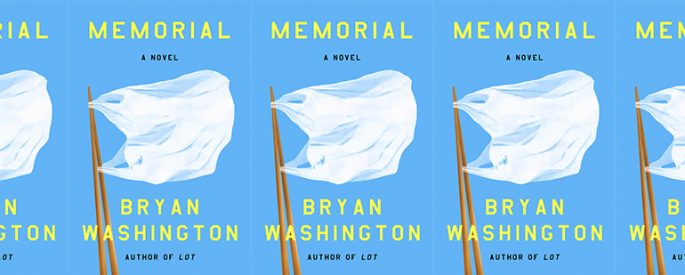
In Bryan Washington’s first novel, photos are used, in part, to consider how we use images to communicate. They also work together to create a narrative arc that echoes the arc of the book itself.
Authorship and Betrayal in To Write As If Already Dead
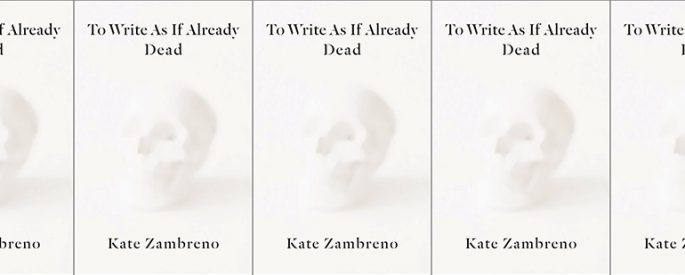
Given its fragmented structure, intertextuality, quotations from and reflections on correspondences, and inclusion of the narrative of a pregnancy, Kate Zambreno’s newest book feels like a “library of the mind,” encompassing texts on reading, writing, authorship, friendship, betrayal, the body, birth, and death.
Fox & I and the Power of Unusual Friendships
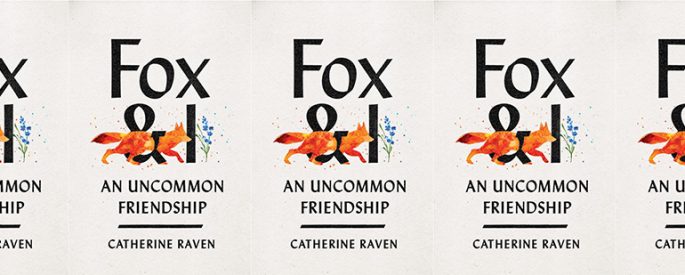
Catherine Raven’s friendship with a fox that wanders onto her property highlights the challenges she’s struggled with for years—an urge to isolate in a world that celebrates civilization, a belief in magic in a world of scientific inquiry, and a strong intuition that what is most common isn’t necessarily
Cruelty’s Resonant Line
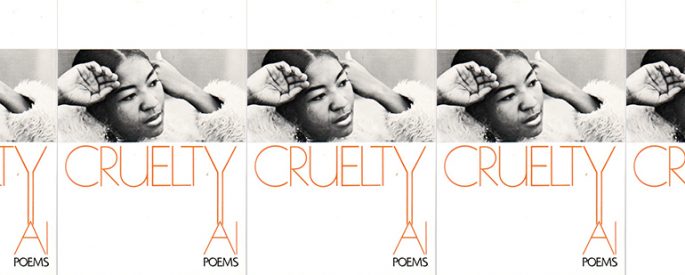
Ai’s complex depictions, in her 1970 collection of poetry, of contradictory emotions, desperation, character triangles, and speakers driven to and past the brink of perpetrating harm work because she employs minimalism in her poetic devices, including heavy use of the end-stopped line.
This Mournable Body’s Unrelenting “You”
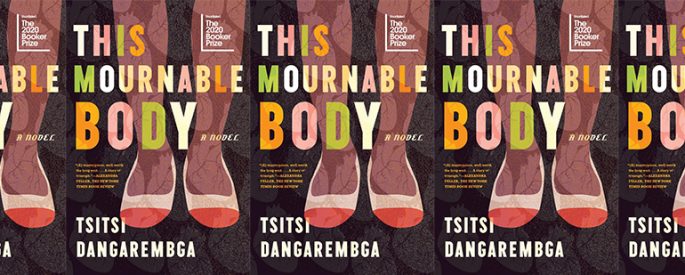
What has been overlooked in analysis of Tsitsi Dangarembga’s Booker Prize nominated novel is her use of the second-person perspective in combination with the simple present tense—creating a readerly experience of selfhood and time that does more than the second-person can alone.
The Uncategorizable Filthy Animals
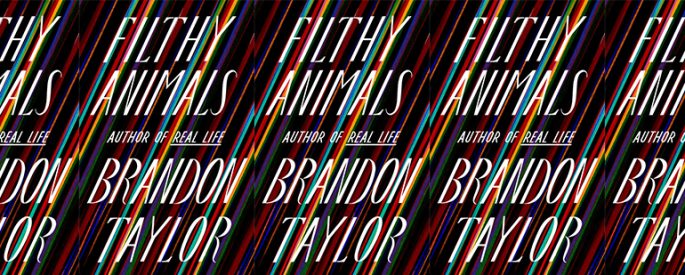
Brandon Taylor’s second book and first story collection, coming in quick succession to his Booker Prize-shortlisted novel, reads like a landmark of millennial fiction, revealing an even clearer picture of the expansiveness of Taylor’s vision than his rigorously structured debut.
The Revision of Stories in Long Division
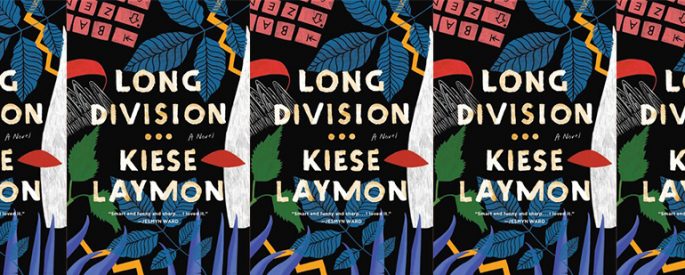
In revising his debut novel, about Black teenagers who time travel to see their family, Laymon gets to relive the experience of creating and being in his novel, in a world he created to and for his peoples.